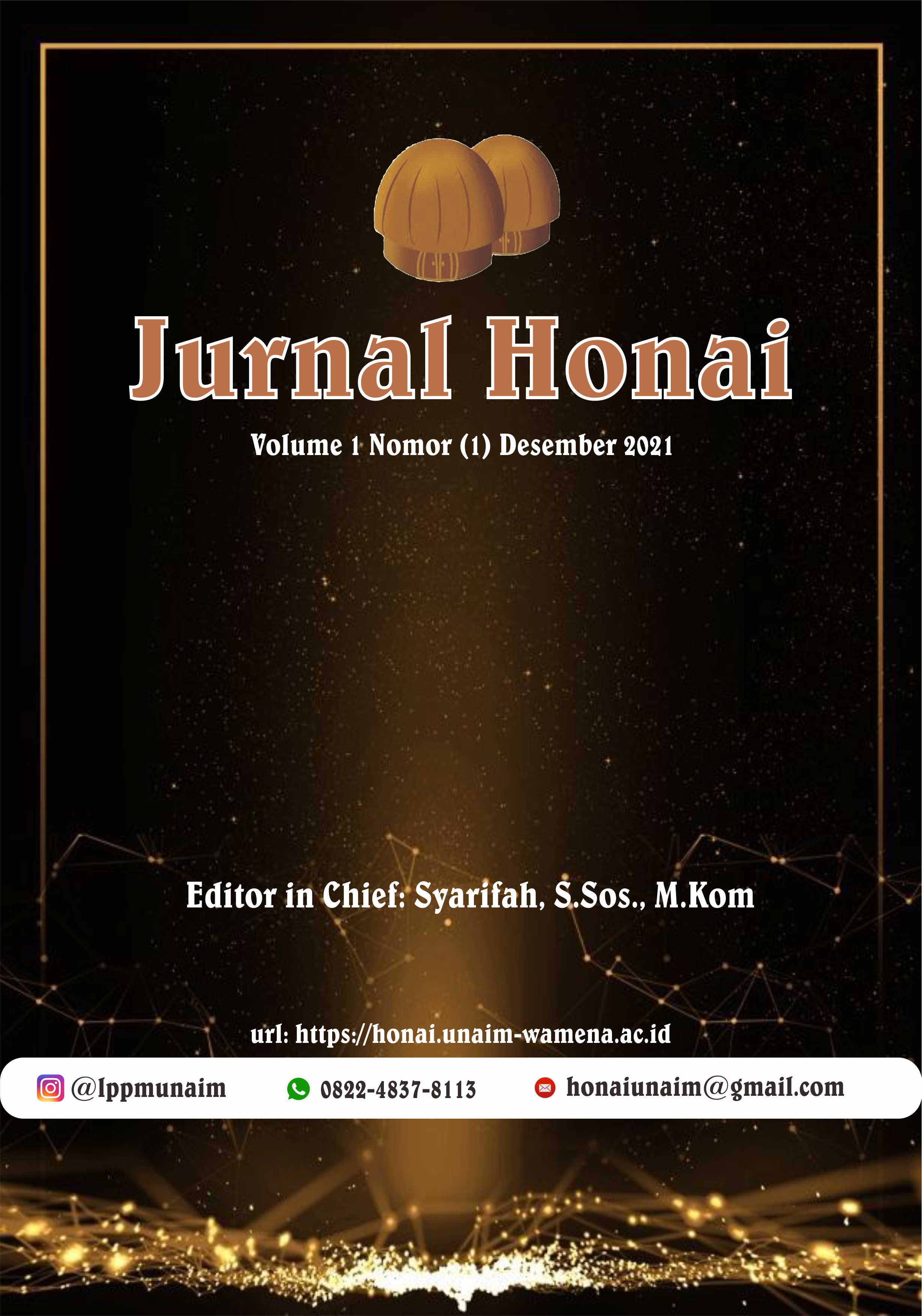CHALLENGES AND OPPORTUNITIES IN IMPLEMENTING THE TRI DHARMA OF HIGHER EDUCATION IN COMMUNITY SERVICE IN PAPUA
DOI:
https://doi.org/10.61578/v68sd912Keywords:
Tridharma, Higher Education, Service, Opportunities, Challenges, PapuaAbstract
Higher education in Indonesia plays a strategic role in building quality and competitive human resources, especially through the implementation of the Tridharma of Higher Education which includes education, research and community service. However, implementing Tridharma in remote areas such as Papua Mountains faces complex challenges, including limited infrastructure, educational gaps, cultural differences, and the impact of climate change. Geographical challenges, such as difficult terrain and limited accessibility, as well as high life demands for academics, are the main obstacles in implementing community service programs. This research uses a qualitative approach with a case study in Mountainous Papua to identify challenges and strategies for implementing Tridharma. Data was collected through in-depth interviews, participant observation, and FGD, and analyzed using thematic analysis techniques. The research results show that collaboration between universities, local governments and non-governmental organizations (NGOs) is the key to overcoming these challenges. Some of the proposed solutions include improving infrastructure and technology, strengthening human resource capacity, local wisdom-based approaches, providing incentives for academics, and sustainable programs that are adaptive to climate change. This research concludes that implementation of Tridharma in Papua Pegunungan requires a holistic and collaborative approach to create a significant impact on local communities. Strategic recommendations include increased education, ongoing evaluation, and the establishment of inclusive collaborative platforms.








